


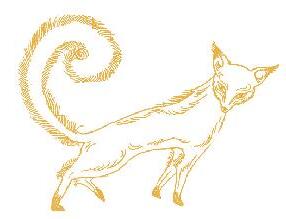





The village of Karia woke to the most perfect clear, blue sky. Karia was famous for its blue skies. It was a bright cerulean blue like no other. It had the kind of intensity of colour you see in the eyes of strange cats that hide in dark passages. Not a single cloud was in the sky. Yet it brought no joy at all to the people of the valley. In fact it made them quite miserable.
The last time it had rained was two years, six months, twenty-seven days and sixteen hours ago. In the village, the Mayor of Karia had kept a tidy record of the weather. The most famous artist of the valley (actually there was only one), Leonardo da Karia, had been commissioned to paint a picture of the sky at midday, every day. Six-hundred-and-thirty-two days into this demanding task he had run out of blue paint. Ever since, he had been forced to use pink. His pictures now looked like big, sticky blancmanges. Since then hardly anyone visited his gallery. This made him sad and a little angry.
Because there was no water, the valleys and hills turned from bright green to dirty brown, then finally the colour of straw. The flowers, bushes and grasses slowly disappeared.The corn in the fields became stunted and fruit trees shrivelled and died in the orchards.
More disturbingly, a large crack that seemed to drop a long way into the earth had opened up in the main road out of the village. It was big enough to swallow a whole mountain goat (two, if they walked side by side).
There was water. But it was in a lake high in the mountains. It had to be carried back to the village in buckets or, if you were lucky, in buckets in a cart pulled by an obedient donkey. Although the thirsty donkey, to be truly obedient, needed a full bucket to make the round trip.
Solo was a young boy who lived with his Grandma in a house just behind the church in the village square. It was a simple house with a small garden and a


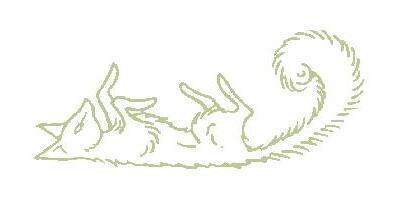
Solo couldn’t get up the next day. He knew Rabbit Cloud wouldn’t be there and he hated to see the bright blue morning without his close friend to comfort and shade him. His Grandma, seeing the shining, ever-clear sky, obviously knew the reason why the boy was unhappy. To cheer Solo up she brought him fresh fruit; oranges, grapes, mangoes and rambutan (spiky with juicy white fruit) from her ancient tree. Sitting on the edge of his bed she could see that it would take him a long time indeed to get over his sadness. So she told stories to console him. Fox also came into the room to roll over the bed and listen.
Many of the tales she had got from the same crazy merchants who had sold her the special tree seeds. Some went on for a very long time - so long that she often forgot the ending. Which, for Solo, was very frustrating.
But the story she told best was a real, true story from her childhood - at least that was what she claimed. When she was very young, about Solo’s age, the valley was always green and fertile. In the mountains there were carpets of flowers. Flowers of all colours. In the fields there was corn and barley, and in the valley, bushy trees so heavy with fruit that they filled at least ten carts every day.
It was different in those days. The rain came like clockwork. It came at the end of every month and didn’t stop until the fields had drunk their fill and the rivers were full. And every time it rained the villagers would meet in the main square to celebrate; drink, eat, sing songs and, above all, dance.
“Where did the clouds come from?” asked Solo.
“From the Rain Makers,” replied Grandma.
“There are people that can actually make rain? How do they do that?”
“They have a special gift. A gift handed down over many generations.”
“Okay...” and he thought this was obvious: “If they have so much rain and we don’t, shouldn’t we go there and ask them for... Well, at least a couple of buckets?”

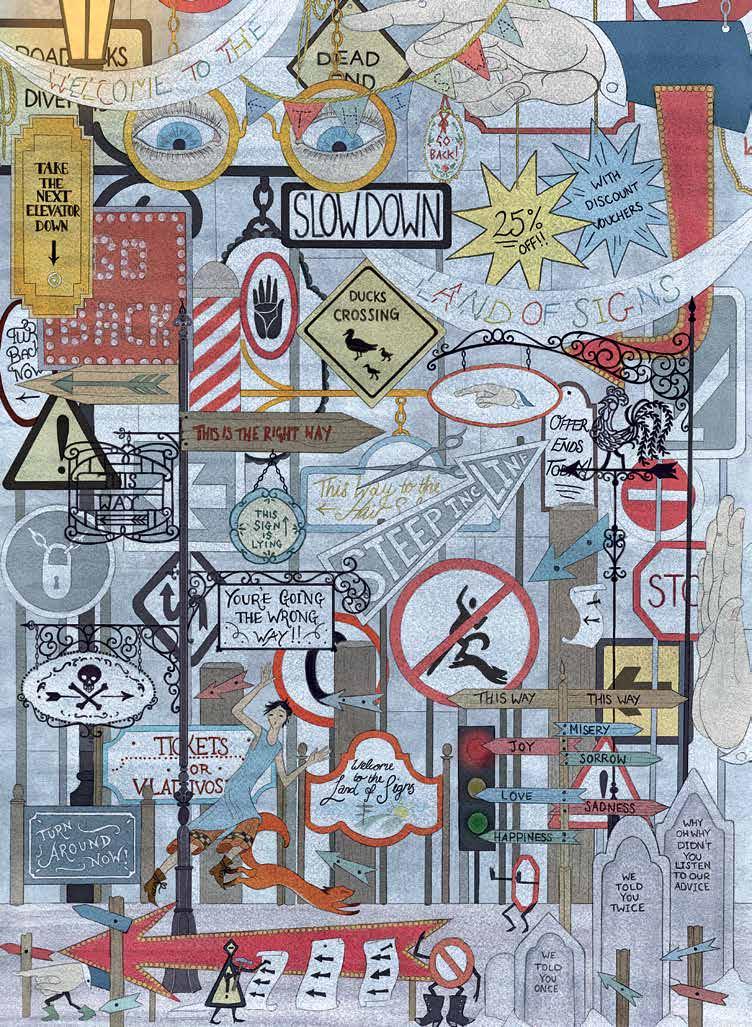
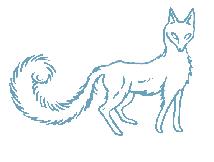
The heat of the overhead sun woke them.Solo crawled out of the hollow in the rocks and, with his eyes getting accustomed to the bright light, saw a startling sight. It was a single tree - a big, bushy, green tree, as vast as a mountain. Solo’s heart leapt; had they already arrived at the promised land, the Land of the Rain Makers? It seemed too good to be true. And, as with all things that appeared too good to be true, obviously wasn’t.
Solo stepped back and, looking left to right, realised his mistake. He was staring at a massive sign, its length as long as a football pitch and its height as tall as the sky. He was all the more amazed because he hadn’t seen that many signs in his life. In Karia there were very few signs. There was one for the church, “This Way to the Church”, and one for the road, “This Way to the Road”, and, of course, a very fancy one pointing to the gallery of Leonardo da Karia, “This Way to the World’s Greatest Living Artist”.
The one in front of them was unusual because it had letters as gigantic as a house.
“Welcome to the Land of Signs”, the big brash sign read.
“Have a Great day. This is the Right Way”, indicated a sharp orange arrow that pointed decisively forward.
Solo followed the direction of the arrow and looked around the sign. But despite the happy colours the landscape behind the huge, boastful picture was even drier and more desolate than Solo’s own valley. It was the last thing he had wanted or expected.
Solo looked again at the front. Beneath the massive letters he found a second sentence hidden in the far corner. It read, “Just because words are big doesn’t mean they are true. This sign is lying. If you really want to have a fantastic day, in fact the best day of your life, turn around now and go back. The wolves are safer than this message.”
Fox could deal with wolves, coyote, angry badgers and skunks. He had once

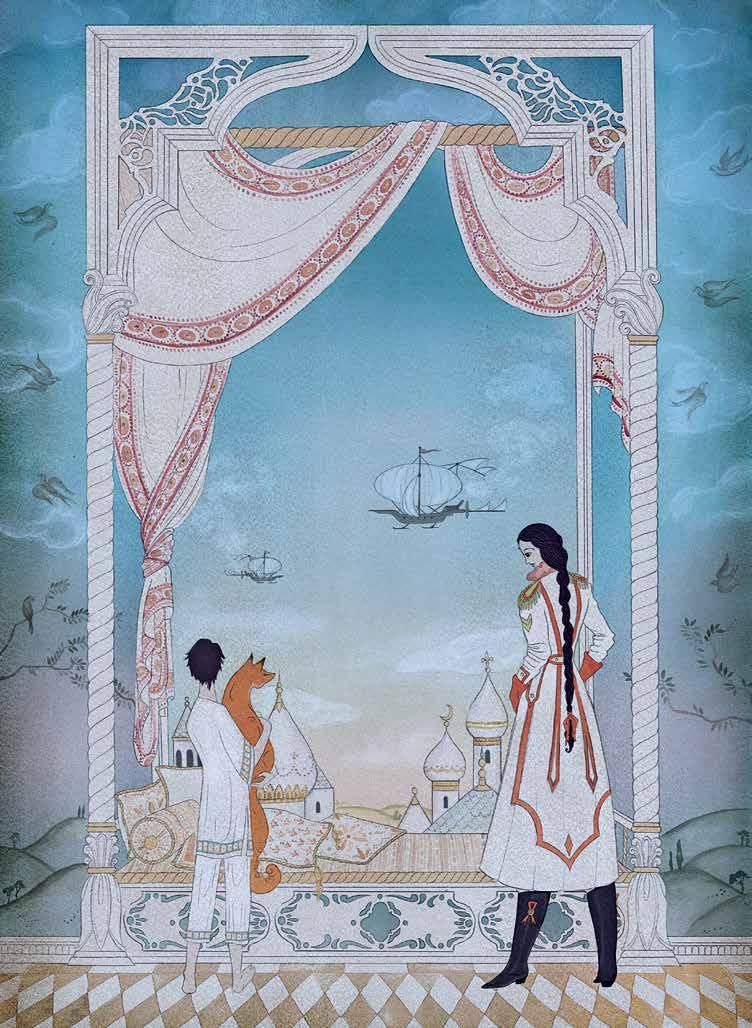
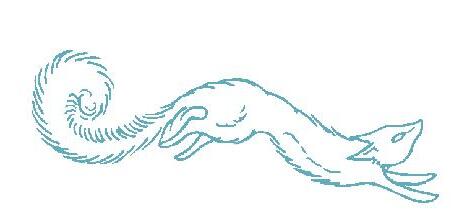
Solo felt like he was being carried aloft on a cotton-wool cloud, swooping and dive-bombing the fields above his home village of Karia, the sun bouncing off the ponds, lakes and rivers. Lakes and rivers? That was as crazy as spaghetti ice cream. Everyone knew Karia was as dry as a bone - a very old and thin one, maybe from an under-fed chicken. He was knocked out of this bizarre dream when he heard a sound he could not understand. It was like a thousand butterfly wings beating above a field of flowers. Looking around, he knew he was in a strange place, possibly a large room. Lying in a bed as soft as moss and as big as a football field (or maybe a fivea-side pitch), he wasn’t entirely sure whether he was inside or out.
All around him he saw grass, flowers and trees. They seemed real, as if there were no walls at all. And above him, brilliant clouds and colourful birds made it appear that the place was open to the sky. Of course the birds didn’t fly and the clouds didn’t move, so Solo quickly realised that it was just an illusion and that they were, in fact, painted. Although this still didn’t stop him hoping that he might find a shape in the sky that looked like his friend, Rabbit Cloud.
Obviously, he felt a little uncomfortable. He was alone in a ridiculously vast bed, in somebody else’s room, in some unknown country. More than that he was worried about his cat, Fox. Where was Fox? Was he safe? The last time he had seen him was when Fox had leapt from the waves and scrambled up the bank to the Wall of Stone. Did he make it? What would Grandma say if Solo came home without him? Thinking about the disgrace made his head throb with shame.
Summoning up the courage to leave the bed, Solo crossed the room, which seemed to take a very long time. His room back home was only one step to the wall. Here, he lost count. Reaching the far end he pulled back the heavy silk curtains and saw an astonishing sight. Rain, more than he had ever seen before, buckets of it (more buckets than he could ever carry down the mountain in a lifetime), was falling everywhere. It flowed over the leaves of trees, rolled down

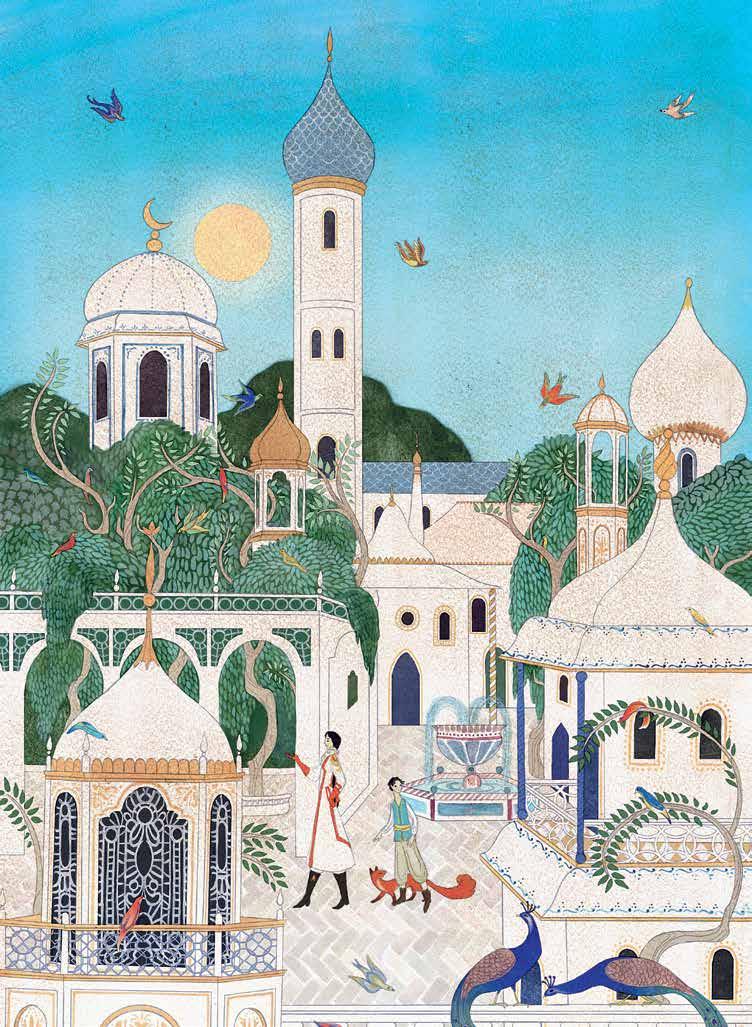
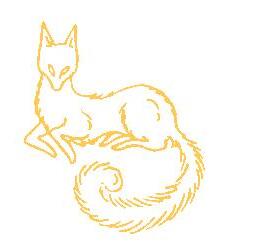
Stepping out into the city was a surprise - as if he hadn’t had enough surprises to last a lifetime. To Solo’s eyes, more used to rocky walkways, tiny dusty houses and withered skeletal trees, every step through Estourias was like watching a David Attenborough programme on widescreen TV. Actually, to be accurate, Solo didn’t know about David Attenborough, let alone TV. In Karia they only had a small theatre with three puppets, one of which was a mouse. Thus their only production was the Pied Piper of Karia. Leonardo painted the scenery. But ever since he had run out of blue and had to use his sickly pink colour, no one went there anymore. Still, this thought didn’t stop Solo being totally, utterly amazed. Within five minutes he had seen sights he could never have imagined, even if he had forced his mind to dream up the wildest, zaniest things and multiplied them by ten.
Guided by Lexi, they walked through shiny paved streets, stared up at proud, majestic buildings and explored grand city squares and luxurious gardens, thick with flowering trees and ferns.
But despite being deeply impressed by the sight of fountains, tall towers and domed halls, something else moved him more. To someone who had spent most of his life listening to the incessant moan of dull, relentless winds and the hiss of sad shifting sands, he was surprised by how pleasantly noisy it all was. At first he was confused by this. Then he realised it was the sound of life - lots of it, everywhere; the happy, ceaseless chatter of bugs, furry creatures and birds. Solo could see them everywhere. There were beetles and crickets in the grass, bees and butterflies in the flowers, frogs and fish in the ponds, and colourful birds (so many it would be worthy of a separate picture book) all over the place. And together they produced a great orchestra of buzzing, croaking, grunting, squawking, whistling and barking (yes, there were dogs too).
Yet, the most extraordinary sound of all came from the centre of the city. It was like the sound of a great elephant’s ears flapping like a massive bird, though Solo was well aware that elephants couldn’t fly.
They turned the corner into the main square. Three huge flying machines with billowing white sails attached to their flanks were tethered to the ground. Clouds of steam hissed from their engines as big pistons turned mighty propellers that beat the air. Far off, Solo could hear the distant roar from other craft. Circling above the city, they patiently waited in line for their turn to come in to land.
The activity in the square was busy with people. Donkey carts rushed back and forth between the airships. Containers were being unloaded and new cargoes lifted on board in their place.
“What are they loading on the machines?” asked Solo.
“Cold crystals,” she replied.
More strange stuff, he thought. He had never heard the word before. But rather than showing his ignorance, he kept quiet; he’d already pestered Lexi with too many questions - some of them stupid - like, how many cats lived in Estourias and could they stand on their hind legs like Fox? Few cats could. And those that tried often fell over backwards.
Luckily, Lexi herself was wise enough to know when she was being too smart. She knew that Solo deserved a better answer. So, continuing the walk around the city, she told them more.
Years ago, the people of Estourias had lived off the fields just like everyone else. They grew potatoes and onions and raised goats and cows. It was hard work. The land was dry and full of stones, making it difficult to grow anything. One day a villager, tired and wanting to escape from his back-breaking work, sneaked off to chase coyote in the mountains. Somehow, he lost his way.
Night fell. Searching for the way back in the dark, he had fallen through the ground into a cave. Expecting a hard landing, he was relieved to hit water. He found himself floating at the centre of a shallow lake. Water appeared to be bubbling up from the ground. And something deep in the water made the whole pool glow an eerie bright blue. Curious and wanting to know more, he dived into the lake and discovered several bright rocks. They were icy, cold to the touch. He wrapped them in his jacket and, as soon as it was light enough, climbed out of the cave and made his way home to the village. His family, at first furious that he had skived off work (they’d all had to do twice as much work), were actually quite happy, when they had calmed down, that he hadn’t been

killed and eaten by wolves. And to show he hadn’t completely wasted his time he revealed his ‘amazingly special’ rocks. Unfortunately, in the flat morning light they just looked dull and grey, hardly very special anymore. They weren’t even cold. In fact, they looked like any one of the thousands of boring stones they had to clear from the fields everyday. Why on earth would they want more? Besides, they already had a stout doorstop.
Thinking the stones were worthless, the man dumped the rocks in the basement of his cottage. And then he forgot about them. Two days later, he came back from the fields and was shocked to see huge amounts of steam hissing from the doors and windows of his house. Thinking the whole place was on fire, he rushed to get some buckets to put out the flames. But when he returned with a pail of water and opened the front door, he found that the floors of the front room were already knee deep in water.
“The stones made water?” asked Solo.
“Not exactly. And, to be correct, they weren’t really stones. They were cold crystals. Left in the caves they were still and inert. But when you exposed them to the air they made clouds of steam. And then when these clouds cooled, they produced water. Incredible, but also quite simple.”
Of course, to Solo and Fox it didn’t sound that simple at all. It sounded extremely complicated and scientific - and science was a subject Solo wasn’t very good in at school.
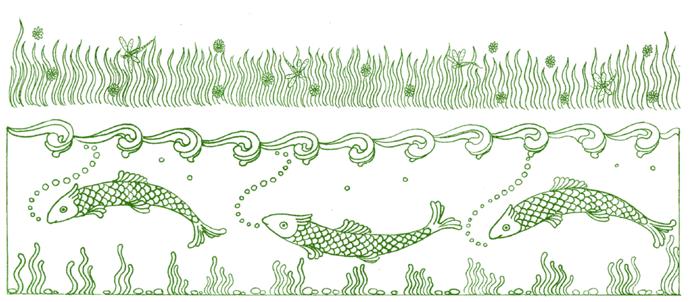

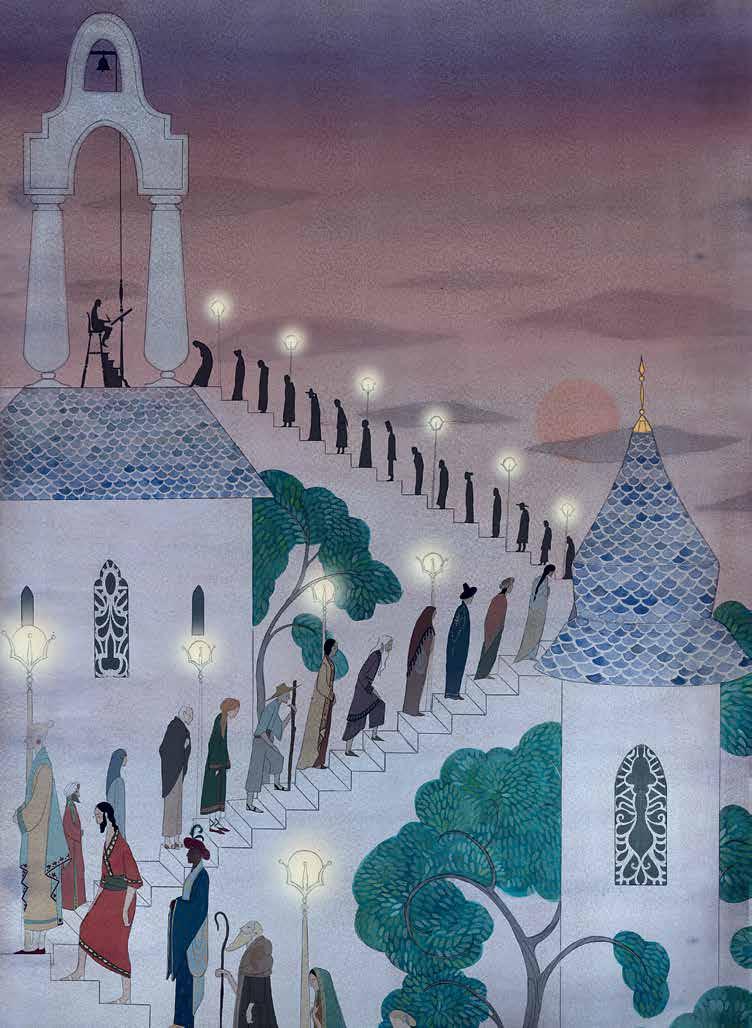
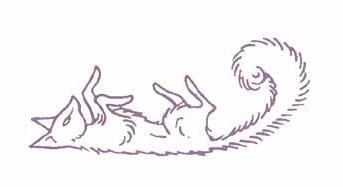
The Rain Makers lived and worked in the tallest of the four towers that surrounded the city. Being so high up it also had the most steps.
The walk up was exhausting for most, but Solo and Fox, fired up with hope, leapt up the stairs two at a time. They were soon at the top. Lexi, once she had caught up with the other two, led them across a small square. Passing through tall bronze doors, they entered a huge hall crowned with a dome painted with even more dramatic clouds and skies (Estourias must have had someone whose only job was to lie on his back and paint spectacular ceilings).
On the panelled oak walls hung large gloomy portraits depicting the faces of the many Rain Makers over the ages. Some of them looked very ancient and, in some places, a little too wizened and scary.
The central wall of the Great Hall displayed a huge map of the Empire. Cloud symbols had been pinned on the map where rain missions were taking place. Villages where help had been requested were marked with a big bold ‘X’. A small team of people presided over this complicated and busy operation. Checking maps and charts, these operators pushed polished wooden blocks, carved to look like airships, across the wide board.
On high chairs, at the top of the table, The Rain Makers, looking very serious and dignified, conversed in hushed tones. Signalling to those on the operations table, they directed the movement of the small wooden blocks.
Solo, intimidated by the grave comings and goings, didn’t dare move an inch. He was so intrigued by the map, the Rain Makers and the model ships, that it took him a long time to realise there was a second door into the Great Hall. Leading all the way from this arch to the entrance of the hall stood a long line of people. In this queue, village elders, county mayors and sheriffs, even foreign ambassadors, dukes and princes, waited patiently to be heard. Some wore exotic gowns, pointed shoes and feathered headdresses. From their dusty appearance


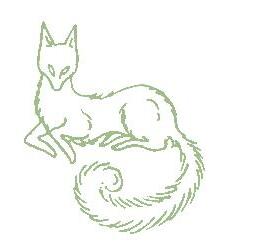
Solo and Fox stayed in the Great Hall long enough to see an ‘extra special’ large red cross being added to the big map where his village was situated. It was something. A small achievement. But within a vast map, dotted with hundreds of other red markers, it already looked rather forgotten. What else could he do? Like Specks had said, both he and his village would just have to be patient and wait. If they could. Would the remaining water in the lake hold out? He thought about Grandma and was worried. Her buckets would be running low. He knew he had to get back home, and soon.
Coming back down the steps of the tower, Lexi could see that Solo was deeply disappointed. She was too. But beyond that, she was also troubled. It was the first she had heard that Estourias was running out of cold crystals. Her Uncle had never mentioned it before. How can that have happened?
With time on their hands and partly to lift their spirits, Lexi offered to take Solo and Fox on a flight over the country. She organised for her airship to be brought out. While it was being prepared and warmed up, she took the two of them into one of the south towers to show them how rain clouds were made.
The three entered a thin passageway that stepped down into the basement of the brick building. On a raised platform a modest container of cold crystals was being lifted into place by two workmen. One of them uncovered the top of the crate. Exposed to the air, the rocks hissed and glowed with the now famous luminescent blue light. Seconds later, dense clouds of steam poured from the stones. Spiralling up into the tower, the clouds soon filled the dome. Levers were pulled. The ceiling parted. With a loud whooshing sound, which made Solo’s ears go ‘pop’, the dense column of steam lifted through the top of the tower.
Lexi took Solo and Fox back outside. The misty column from the first dome lifted up to join a larger cloud made up of steam from the three other towers. As the clouds grew larger and denser, small rain drops started to fall.
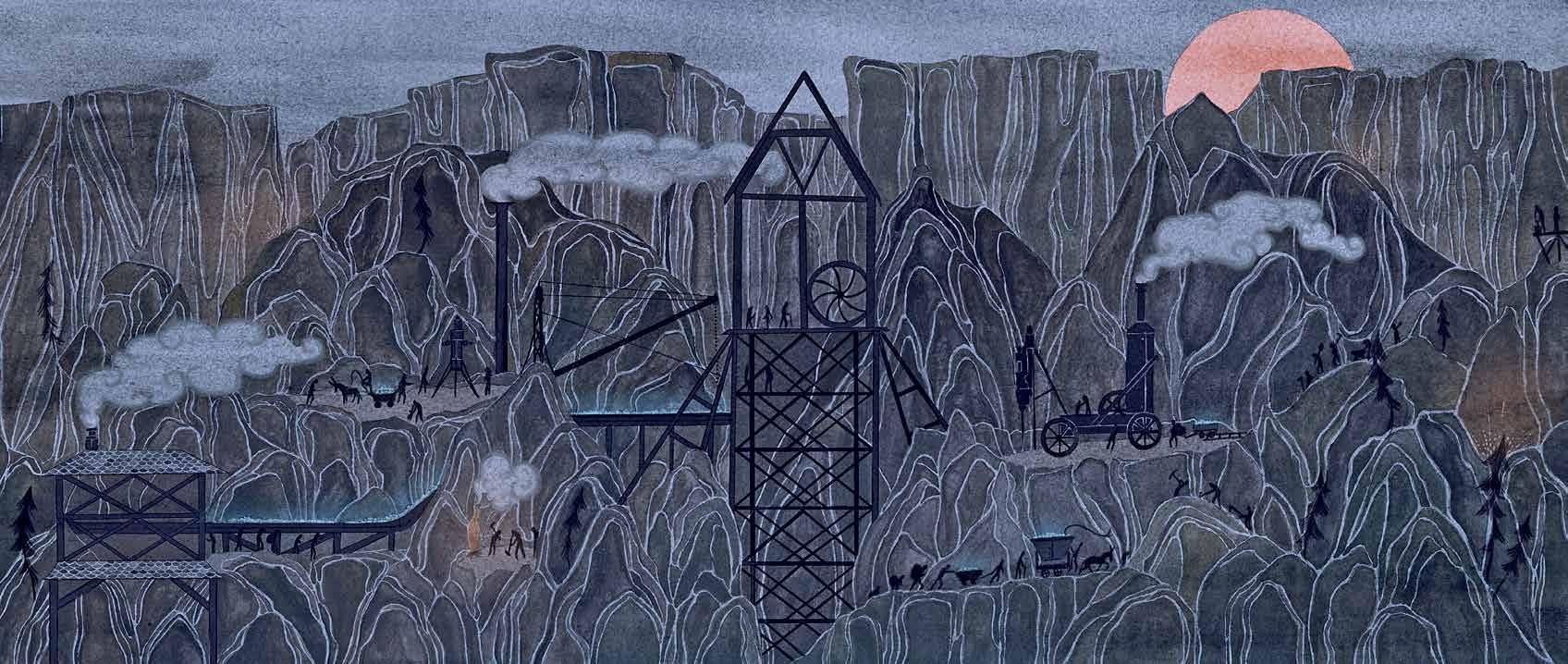

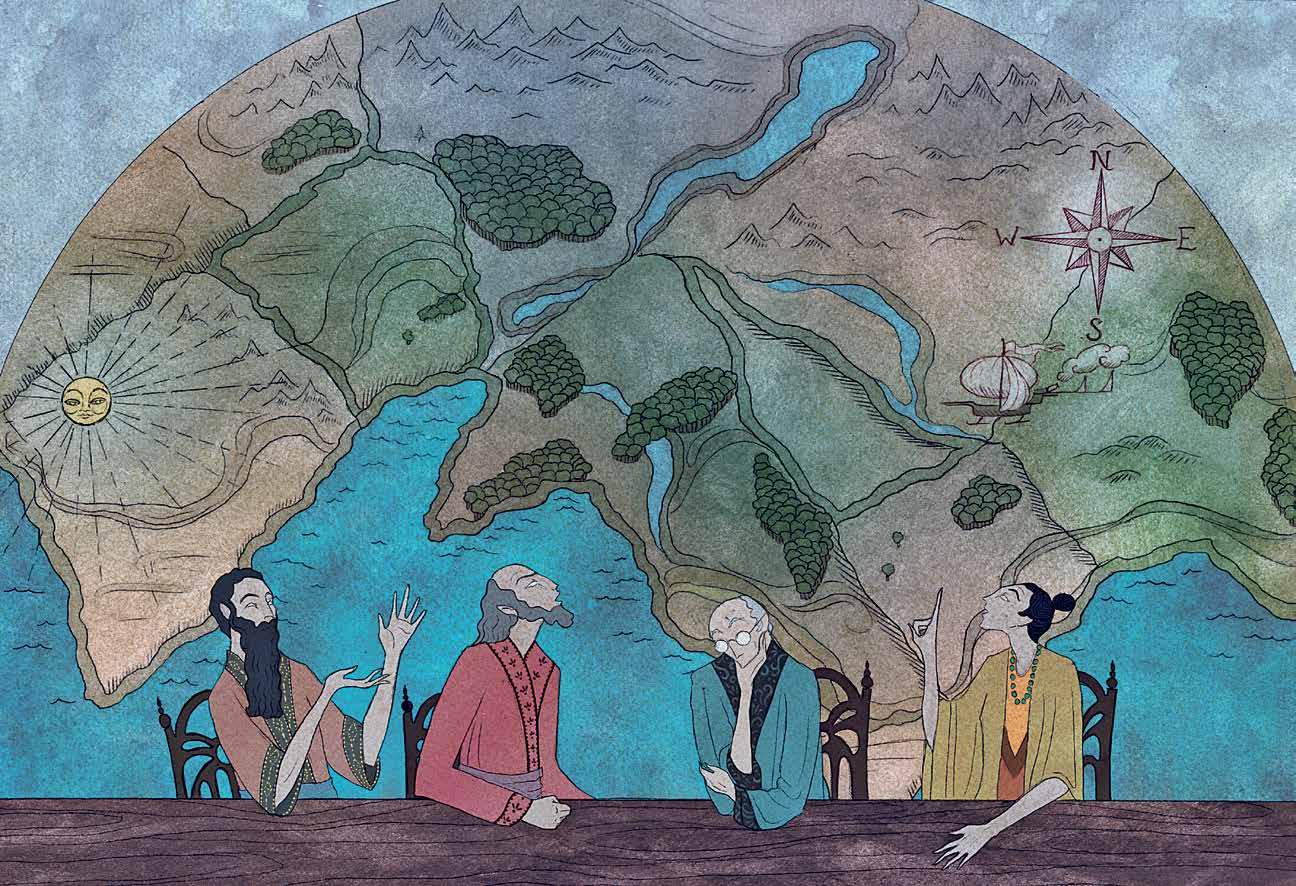

Solo watched the activity from his window in the tower. He was both excited and a little terrified that now he and Fox were mixed up in a real war. He’d never experienced anything like this before. The nearest he’d come to being in a proper battle was in the Land of Signs. But then the thousands of attacking signs had tripped over each other and broken up. Which, in a way, must have meant he’d won. Looking at the heavy guns being wheeled into place around the walls of the city, Solo knew what was coming would be far more serious.
Grandma certainly wouldn’t like the idea of himself and Fox being in real danger. And the so-called Doctor, the man in the white coat, would surely have sent him to bed for a very long time if he knew what was going on. Luckily, they were both too far away for him to do anything about it.

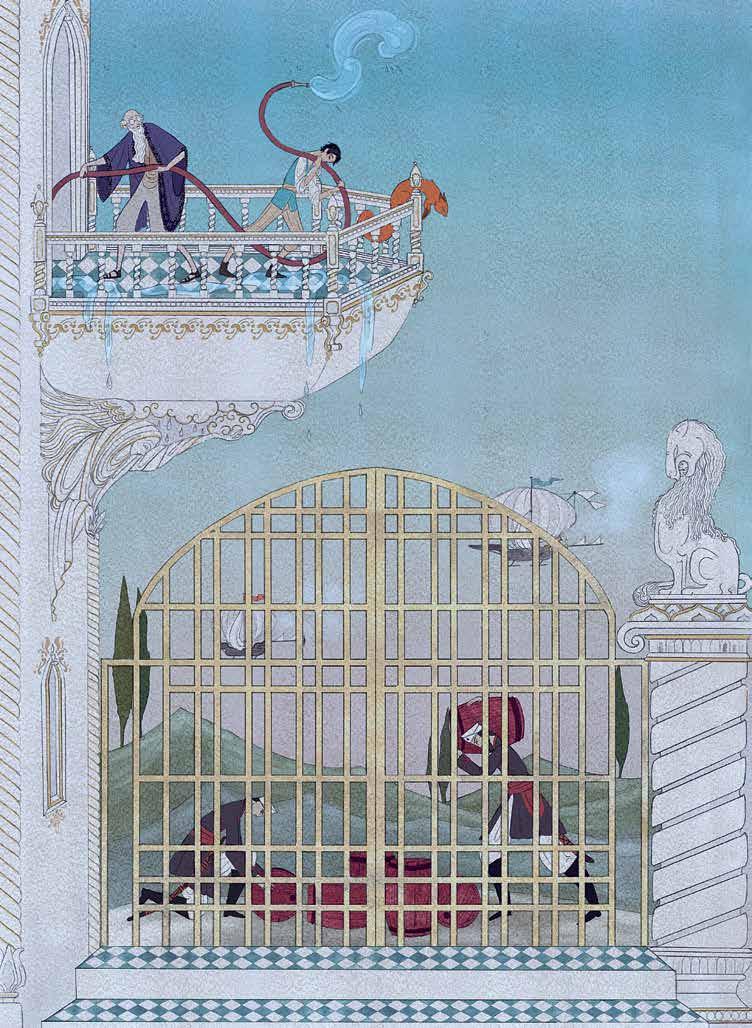
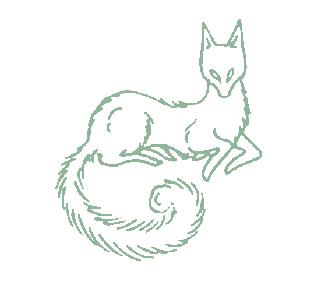
One misty morning, Solo awoke to hear loud trumpets sounding. Gathering Fox, he rushed to the windows. Bright red and orange flags and banners fluttered from the rooftops and towers of the city.
It looked like a carnival. But the main square, filled with regimented lines of soldiers and teams of flyers, looked far from festive.
A loud roar went up as the first wave of airships lifted into the air. Rising up through clouds of steam, they took up formations on the east and west of Estourias. A second unit was preparing to take off above the city walls, when Solo noticed ominous dark shapes floating above the horizon. At first he thought they were flocks of birds, then realised they were the rapidly approaching forces of Azkal.
The first shots soon rang out. Still out of range, the shells fell harmlessly in fields on the outskirts of the city, sending up big muddy splashes. Farmers grabbed their children and sheep and ran for shelter. But the cannon got closer. Two buildings near the main square were the first to be hit. Artillery on the ramparts of the fortress opened up in reply.Three black airships in the front ranks of the enemy fleet spiralled down into the valley in flames.
The battle across the skies was fierce. Cannon balls fell all over the city. Violent explosions brought down buildings and started fires. The roof over the library collapsed. Its copper weather vane, shaped like a duck, fell into the main square, bounced off the hard cobbles, cartwheeled over the parapet walls and disappeared into the fields below. It came to rest inches from the nose of a grazing cow. The frightened animal fell back on its haunches and bellowed like a trumpet.
More airships were hit, lost control and crashed. Two collided in mid air. Luckily their pilots jumped out, released their parachutes and floated down over the rooftops. One flyer landed near the civic hall. The strings of his parachute got